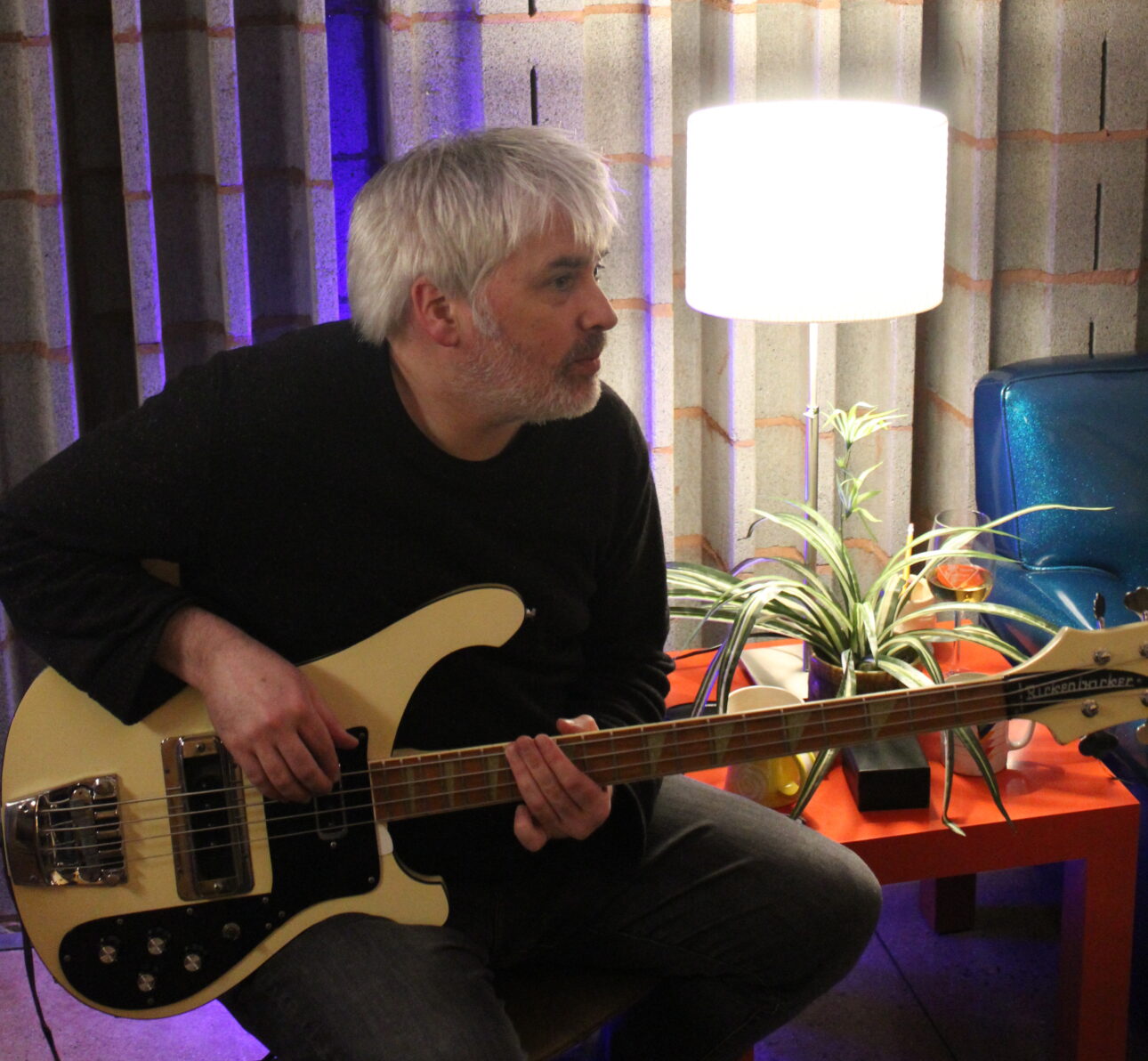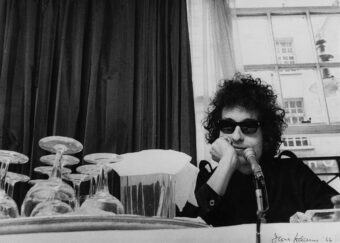A few years ago, bassist Mark Crozer found himself in some tough financial times. After years of playing live, most notably on bass with The Jesus and Mary Chain, he experienced a musculoskeletal injury that left him unable to play shows – his primary source of income for more than 30 years.
In a profession where tough financial times can be common, thankfully, there’s Musicians Foundation, an organization that has provided, for longer than a century, financial grants to musicians – of all genres – in times of “need, crisis and transition.” They helped Crozer out so that he could pursue the work that he relies on and loves, and as a result, the inspired music he continues to create.
“They were able to help me out with some funding, which was really incredible,” he says over the phone from New York. “I didn’t have many options at the time.”
In 1914, World War I broke out after a secret military group called the Black Hand shot and killed Archduke Franz Ferdinand and his wife while driving through Sarajevo, descending the world into unprecedented destruction and darkness. But despite this reality and despite minimal disposable income, if any, there existed pockets of light and life where music and the arts thrived while a grim reality unfolded around them. To make sure artists could continue to create life-affirming art and music for Americans, that same year, a unique organization called Musicians Foundation was founded by an eclectic group of artists and musicians that went by the name of The Bohemians. They created this foundation with the mission “to provide voluntary aid and assistance to professional musicians and their families in case of need.”
Incredibly, 109 years later, the non-profit remains successfully in operation, supporting musicians, their families, and others in the industry; making sure these magic makers can continue to write and record their inspired music.
“More than 100 years later, we’re still helping them,” says Musicians Foundation President Lisa Megeaski. “Throughout time, the need has remained…that musicians need that help and those grants. It’s a pretty precarious lifestyle and living – some are extremely successful, but a majority are lucky if they make a living.”
Since its first grant in 1916, the long-running organization has reliably provided financial support to musicians across the United States throughout major events, including both World War I and II, the Depression, and most recently, the COVID-19 pandemic.
During the pandemic, they launched an innovative online emergency aid program to help musicians who were particularly hit hard when live music venues across the nation shut down – a “less burdensome” streamlined online grant application process that was sending checks to artists’ mailboxes as quickly as within one week. During that time and program, Musicians Foundation awarded 1,500 grants to people in 49 states.
“We understand the musicians and their needs and to be frank, making [the grant applications] online was key,” says Megeaski. “If we hadn’t had that in place, I don’t think we would have been able to help so many clients so quickly. But what was also key was how hard our staff worked tirelessly, so that the musicians wouldn’t have to wait long to receive their grant.”
“It was a very easy and intuitive application and helped many people come to us,” adds Executive Director David Gracia. “Because the process was so streamlined and simplified, we were able to turn around those grants for musicians across the country so rapidly.”
In such stressful and anxious circumstances, the speed of application and payment approvals was particularly important, especially to people suddenly without their primary means of livelihood. When the pandemic hit, we saw how vulnerable the music industry is and how many lives depend on it.
“Especially around the time of the pandemic, there were many of us who make our living primarily off touring,” Crozer remembers. “So when that stopped, a lot of people had nothing…no steady income coming in.”

The alumni of those involved with Musicians Foundation over the many years include cellist Yo-Yo Ma, trumpet legend Wynton Marsalis, influential violinist Jascha Heifetz, and when the foundation had just formed, jazz vocalist “Little” Jimmy Scott, who received financial aid at one point in his legendary career. These names not only speak volumes about the foundation’s credibility and impact, but also helps attract the donations, bequests, and fundraising events vital for the financial support they provide across the country. This also speaks to the Musicians Foundation’s original, core mission of musicians helping musicians when they are struggling. In such a precarious, challenging industry, it’s likely that any musician will experience some sort of financial hardship during their career, especially when a virus — that nobody saw coming — shut down the live-music industry, literally overnight.
“The work we do is essential,” Gracia says. “We are really helping people in stressful situations. To be on stage, you need to be well and healthy to perform at your best.”
Megeaski and Gracia attribute the foundation’s endurance and longevity to their unique history of perpetually adapting to dramatic changes in the music industry as well as the world it endeavors to help keep entertained. In that provident tradition, they say there is work being done to look at how more people in music-related fields can be supported with a more diverse range of resources – a more holistic approach to their well-being that involves healthcare and social services providers across the United States.
“We’re looking at ways to expand our outreach and how we can link people with resources they need – it could be medical, it could be housing…there are lots of reasons they might need us,” Megeaski says.
Gracia says they want to increase their emergency financial support not only through more funding, but by “galvanizing” a network of social services organizations and like-minded organizations that musicians can access for a range of needs — a “safety net for some before they fall through the cracks.” This includes artists struggling with the high costs of working and living in big cities – artists living in poverty-like conditions just to get their music and message out to the world.
“It is such a labor of love because a very small percentage of [musicians] are able to reach the top and live quite comfortably,” Gracia says. “But for the vast majority, it’s very difficult.”
Crozer has been a part of the music industry for more than 30 years and has continued to play, through thick and thin, because, yes, it’s a labor of love.
“I don’t really know anything else, really,” he says with a wry laugh. “I’ve been out of the loop so long that I’ve almost become unemployable because that’s all I’ve done.”
“But it’s good to know there are places like [Musicians Group] that are there for what might lie ahead,” adds Crozer, who’s also a music teacher. “Unlike my friends in other parts of the world, like the U.K., I felt it was pretty good and [I was] supported – I got the help when I needed it.”




